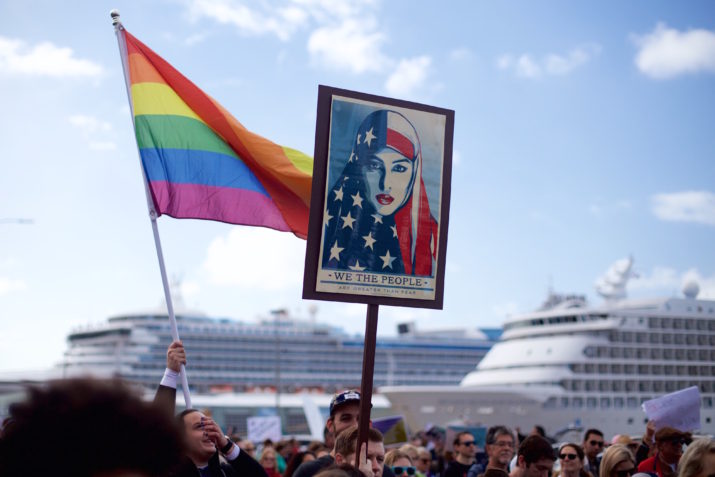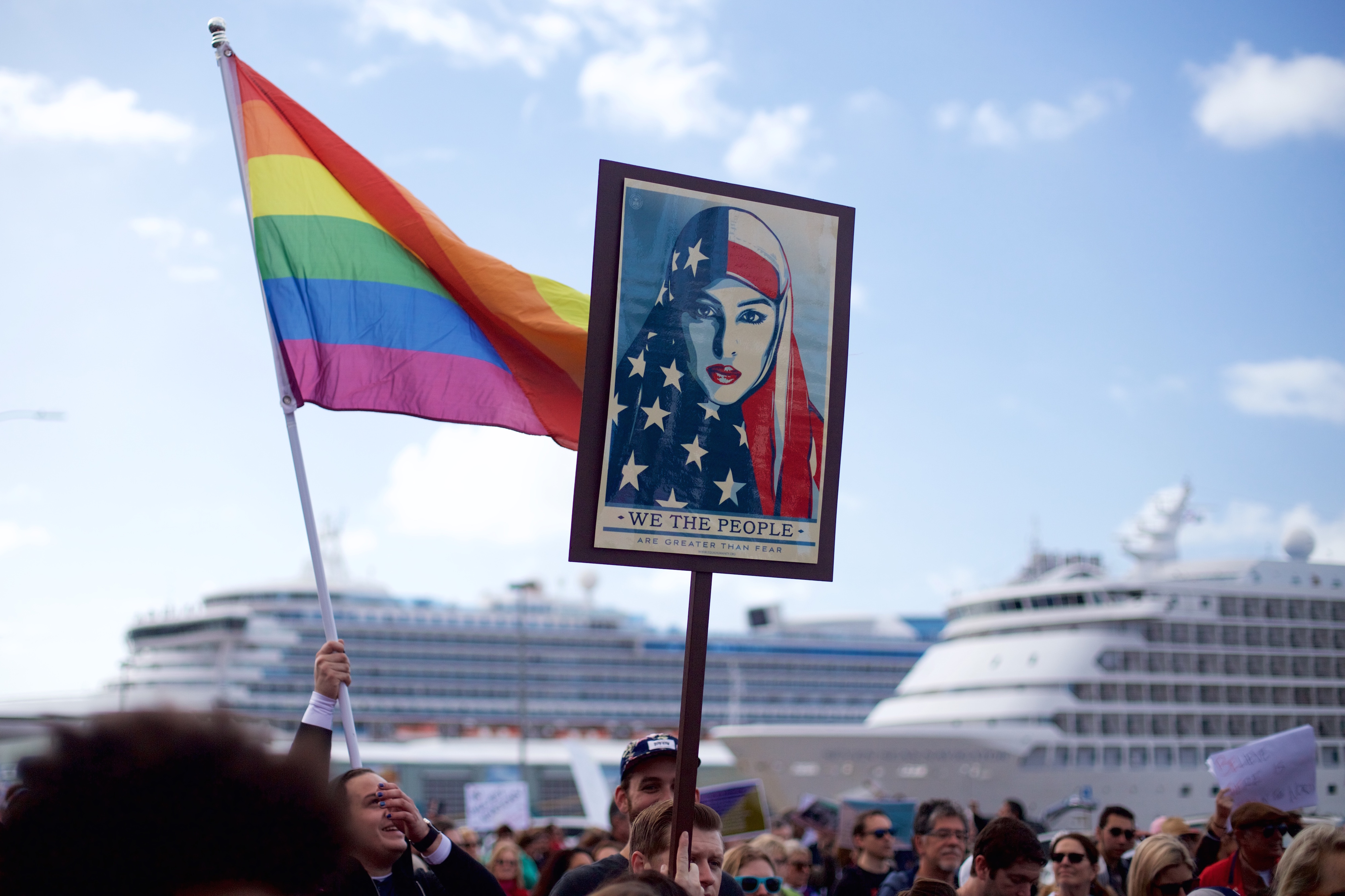

This is part of our special feature The Gender of Power.
The Reframing Gendered Violence working group at Columbia University’s Center for the Study of Social Difference (CSSD) opens up a critical global conversation among scholars and practitioners, which recasts the problem of violence against women as it is currently discussed in a wide range of fields, both academic and policy-oriented. These fields include human rights, public health, journalism, law, feminist studies, literature, sociology, religious studies, anthropology, and history.
Over the past few decades, violence against women (VAW) and gender-based violence (GBV) have come to prominence as loci for activism throughout the world. Both VAW and GBV regularly garner international media attention and occupy a growing place in international law and global governance. Since 2000 alone, there have been more than 25 UN protocols, instruments, and conventions directed at its eradication or mitigation.
Part of CSSD’s Women Creating Change projects, the working group engages critically with the terms, assumptions, and policies that have underwritten this unprecedented outpouring of attention. When invoked in the United Nations and used to shape international policy, VAW and GBV are often assumed to have stable meanings, yet they do not. What do different parties mean when they talk of violence against women or of gender-based violence? Do they focus primarily on sexual violence, occurring in domestic settings? What is left out when the problem is framed in this way, and whose interests are served by such a framing?
CSSD has convened a group of scholars, artists, and activists located at Columbia University and in the regions where Columbia has established Global Centers to examine in the most capacious way what constitutes gendered violence and how it might be addressed. The goal is to move the conversation on this crucial topic into new directions, pointing to elisions and exclusions in many common-sense understandings of these terms; to deepen the ways in which we engage with the manifestations and causes of such violence; to unpack the politics through which accusations of GBV can sometimes be used to pathologize entire communities, societies or religious traditions, or to divert attention from more systemic forms of abuse that might be economic, discursive, and political.
In 2016/17, we focused on a political examination of the term gender-based violence in two distinct areas: religion and forced migration. Our fall panels on religion and gender-based violence sought to expose the distorting effects of governance feminism’s preoccupation with VAW. They further considered how a focus on VAW has encouraged prejudice against Muslim societies and attempted to expand the discussion of gender violence beyond Muslim contexts.
Our spring workshops explored the widespread and sometimes unexpected manifestations of gender violence in populations enduring forced migration. Juxtaposing migration from Syria and Central America, we considered, for example, how the terms refugee and migrant frequently bear gendered meanings. The first is often used to describe vulnerable female subjects worthy of help; the second is used mostly in reference to men of color who are assumed to aspire to economic privileges in host countries. Inviting artists, journalists, and human rights activists to the conversation, we asked how one can ethically represent, critique, and work to eradicate the gender-based violence that occurs in conditions of forced migration, as well as in domestic settings.
Consistently attracting large audiences, these events targeted an interdisciplinary audience of faculty, graduate students, and undergraduate students from Columbia College, the Graduate School of Arts & Sciences, the Journalism School, the Law School, and the School of International and Public Affairs. Video and written accounts of these sessions appear on the CSSD website and blog for the benefit of Columbia’s Global Centers, and in particular, the Istanbul Center, which hosted a four-part spring workshop in tandem with the RGV project in New York, and the Columbia global center in Paris, which hosted some tandem events. Finally, our working group convened after each panel; members responded to pre-circulated papers, and productive discussions emerged around various questions of theory and practice.
The group will continue its work in 2017/18, focusing on such topics as New Comparative Research on Campus Sexual Assault, Representations of Gender Violence Beyond Victimhood, Law and Intimate Violence in Transnational Perspective, and Violence and Indigenous Women.
Reframing Gendered Violence is convened by faculty across Columbia University: Lila Abu-Lughod, Marianne Hirsch, and Jean Howard, as well as Kaiama Glover, Jennifer Hirsch, Anupama Rao, Kendall Thomas, and Paige West. Reframing Gendered Violence is funded by the Associate Dean of Humanities. The related multi-year project, “Religion and the Reframing of Gendered Violence” is funded by the Luce Foundation
Lila Abu-Lughod, the Joseph L. Buttenwieser Professor of Social Science, teaches Anthropology and Women, Gender and Sexuality Studies. She is the author of many books, most recently of Do Muslim Women Need Saving? (Harvard University Press, 2015 paperback). Her project on Religion and Gender Violence is funded by the Luce Foundation.
Marianne Hirsch is the William Peterfield Trent Professor of English and Comparative Literature and Professor in the Institute for Research on Women, Gender and Sexuality. She writes about the memory of violence from a transnational, transgenerational and feminist perspective. Her most recent book is The Generation of Postmemory: Writing and Visual Culture after the Holocaust *2012). Hirsch is the current Director of the Center for the Study of Social Difference.
Jean E. Howard, George Delacorte Professor in the Humanities teaches early modern literature, Shakespeare, feminist studies, and theater history. Her most recent books are Theater of a City: The Places of London Comedy 1598-1642 (2007), which won the Barnard Hewitt Prize for the outstanding work of theater history for 2008, and Marx and Shakespeare in the Great Shakespeareans series (2012), co-written with Crystal Bartolovich.
Photo: Women’s March 2017, Bonzo McGrue | Shutterstock
Published on July 6, 2017.




